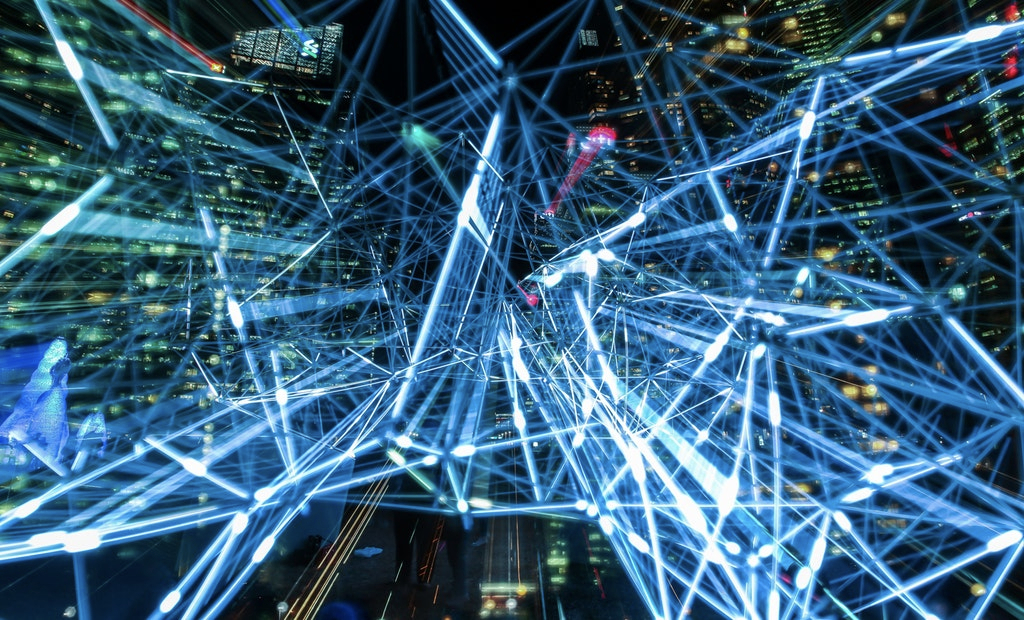Five new technologies that will change everything

Though we’ve been living in the Information Age since the 1970s, in the past decade it seems computer technology has advanced the most noticeably and rapidly. Because of this digital influx, it can be difficult to keep up with new machinery and devices as they are released and continue to progress. We’ve put together an overview of five developing technologies that will change how humans interact with and perceive the world in the near and distant future.
AI
By now, many of us have heard of AI, but some still may not have a firm understanding of what exactly it is or does. Put simply, it is a technology that mimics the human cognitive process. By reflecting this system, it allows computers to learn deeply and intuitively, resulting in their growing more knowledgeable and able to predict trends over time – this will affect every industry, even games will soon have their own AI. It is also utilised by the health sector to mine data in order to improve hospitals and support medical professionals to meet the unique needs of their patients.
Quantum computing
In order to tackle even more complex challenges, quantum computing moves beyond the simple storage of information at the level of binary 1s and 0s. Instead, this developing technology will allow computer scientists to leverage quantum mechanical phenomena in order to manipulate and trace information. This superimposition of states allows this machinery to handle enormous amounts of states within these systems at once.
5G
The successor to 4G, this new standard for broadband cellular networks will allow users to do more than ever before. For clarification, 5G is 100 times faster than its antecedent. The wireless technology delivers large swathes of data at rapid speeds and is more reliable than its predecessors. This increased performance and elevated efficiency will enable connectivity between new industries. Lower latency rates, for instance, enable the communication technology to carry information more effectively. Latency refers to the time it takes to send material from one point to another, and 5G can do so in a matter of milliseconds.
Augmented reality
Anyone who has a Snapchat, TikTok or Instagram account has likely already engaged with virtual reality. Many filters allow users to augment their bodies, interior and exterior spaces through the tap of a button. Even if not a social media account holder, one may have experienced the technology on websites such as Google. Augmented reality is a digital experience where objects within the real world are enhanced by computer-generated visual information. This designed input responds in real-time to alterations in one’s environment, most notably motion.
3D bioprinting
AI isn’t the only developing technology that is utilised in the health sector. 3D bioprinting allows bio-technicians to reconstruct various organs from the human body. It’s defined as a manner of additive manufacturing that creates living structures layer-by-layer that mimic naturally occurring systems through cells and other biomaterials. This printing method has allowed patients with late-stage bladder disease, for instance, to be able to receive engineered, fully functioning tissues to assist their organ’s regeneration.
The editorial unit




















Facebook
Twitter
Instagram
YouTube
RSS